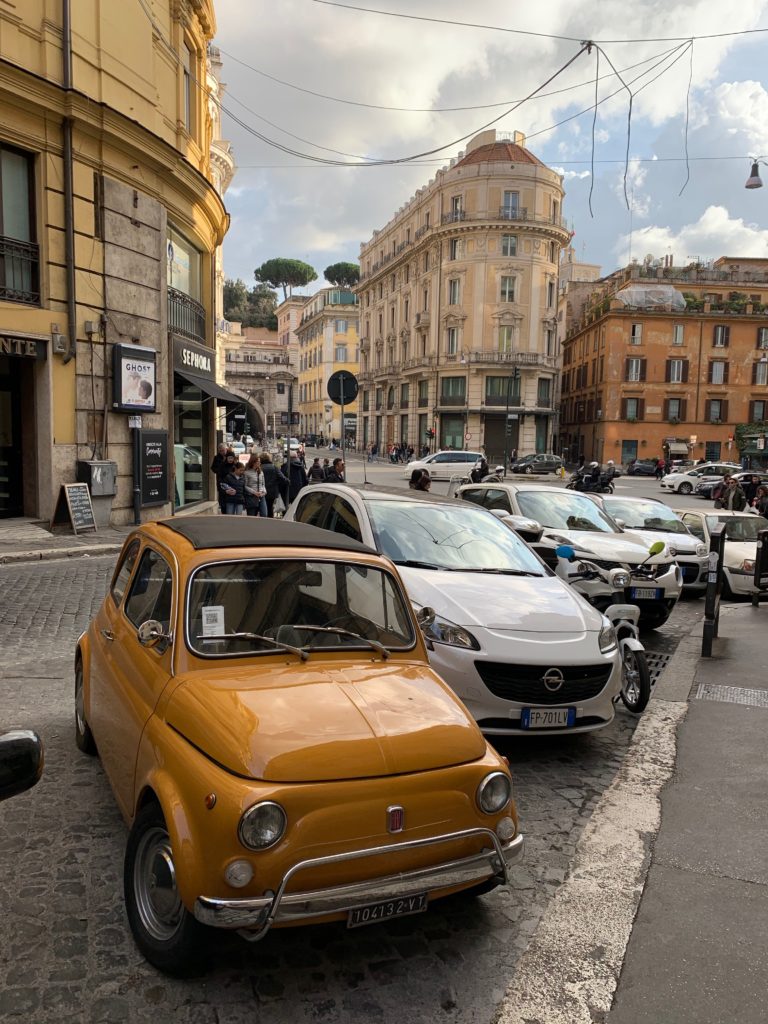
About two weeks ago I was slugging my way to a tram stop here in the city. My fingers were perma-printed by the handles of shopping bags laden with exciting adult things like a new toaster. Being an easily-fatigued adult, I was more than ready to get home and simply switch the day off. My brain and body were worn out from a battery of suboptimal operations in this foreign city where accessing its language can felt like a bare-handed eel hunting expedition. And while I was keen to retire to my apartment, I still sought public transportation for the journey. Especially in a place like Rome, I cannot be convinced to drive my car more than necessary. I prefer to minimize my exposure to the joy of Italian parking.
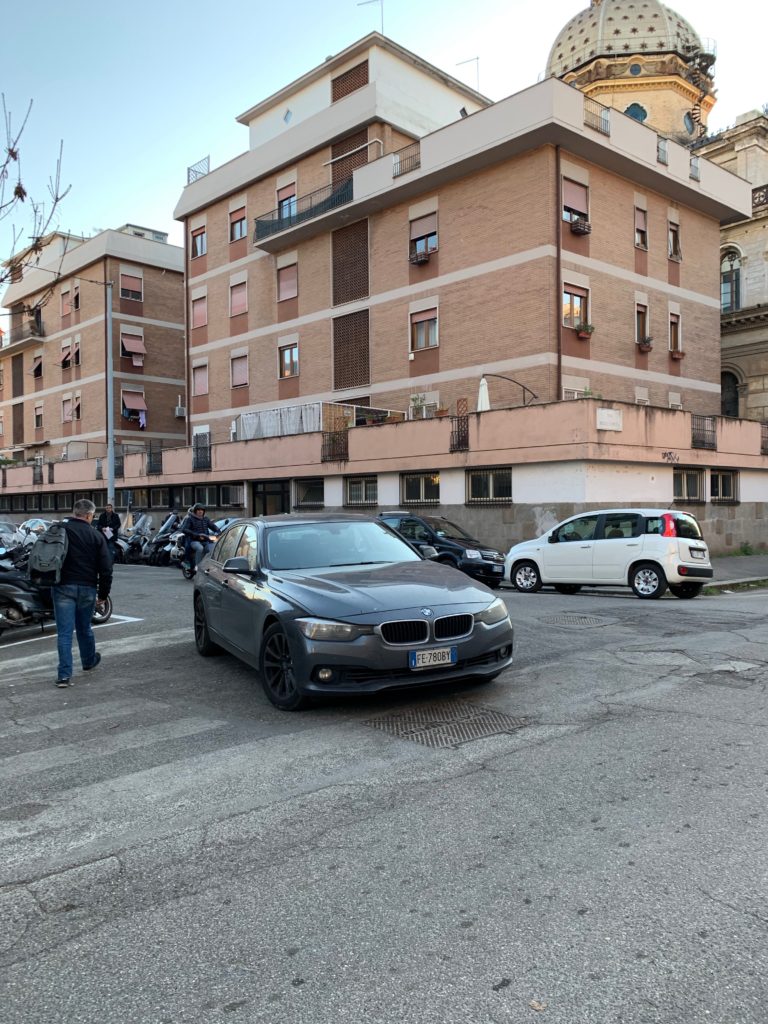
Finding space for your vehicle in Rome is a mess and the rule is that spare parking is always in short supply. Everyone understands this and as such foregoes conformity. Double park your car. Or maybe just leave it at an intersection. Or the sidewalk. Romans just stop where they need to with little fear of reprimand or monetary fine. Lasciare la macchina—leave the car—is the answer I got when I asked how translate “park the car”. This literal translation (“leave the car”) wasn’t accurate but the sentiment certainly was when I heard and understood it. Italians are fantastically witty in their interpretation of such things. And as for me, I respect their humor and take public transportation.
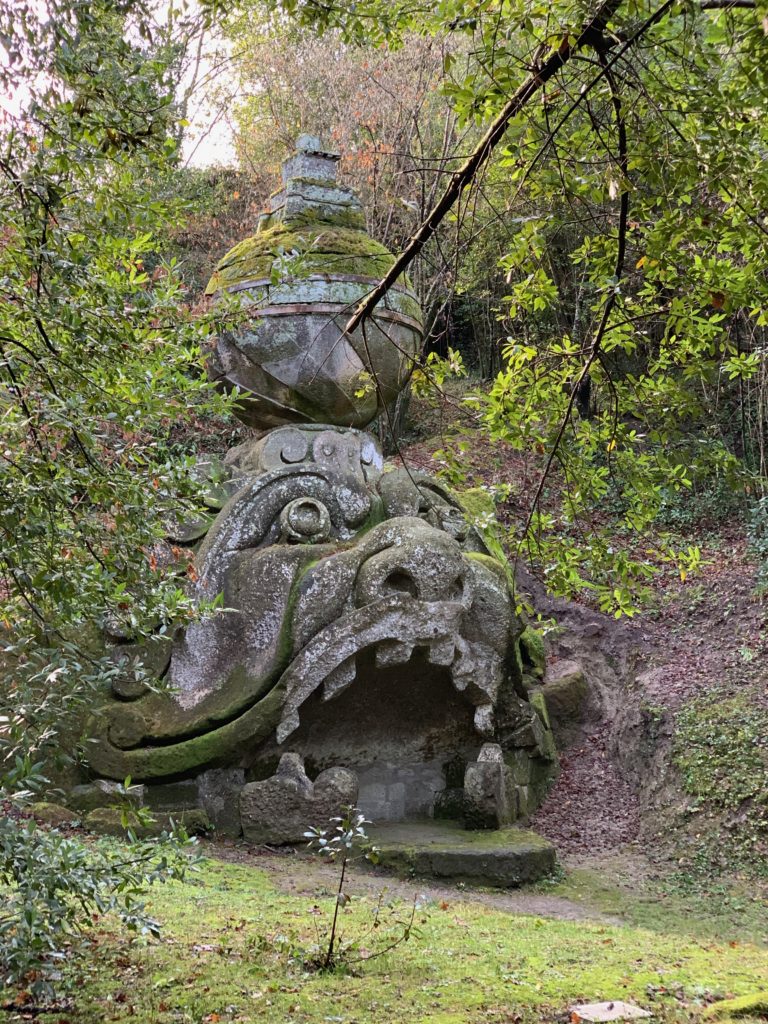
So I walked down Via Cola di Rienzo with my belongings of added weight. They were bulky and not optimized for traversing the crowded sidewalks of this shopping high street. Piazza del Risorgimento was just ahead of me, and I smiled when the #19 line came into view. It portended to be a wonderfully mindless journey home. And then I got closer.
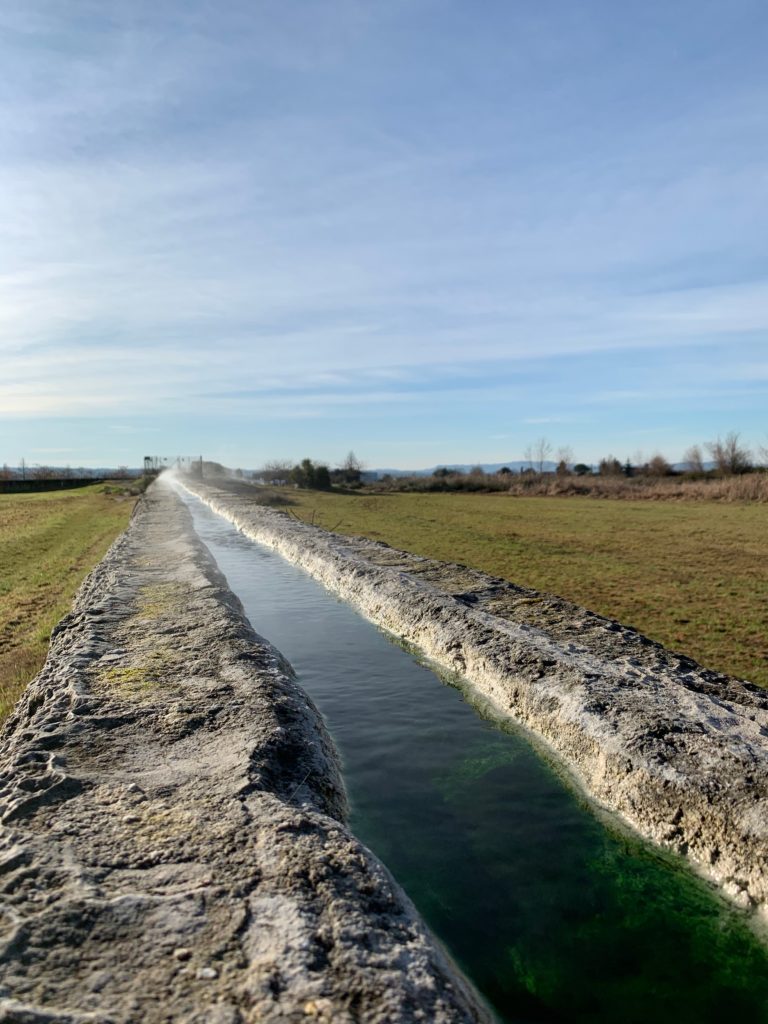
Risorgimento Square had a police car parked and partially blocking traffic on the north side. That’s obnoxious, I thought and made an alternate approach from the east. I dodged traffic to reach the square and finally came to a rest at the tram stop. Only a few other people were waiting. I looked at my phone. And then I looked down out at the tracks leading to exactly where I stood. They were carved into the planet’s most recent iteration of Roman streets. The tracks in the near distance were blocked. But not by that police car—but instead by three humans taking up operating space far too close to the ground for it to be normal.
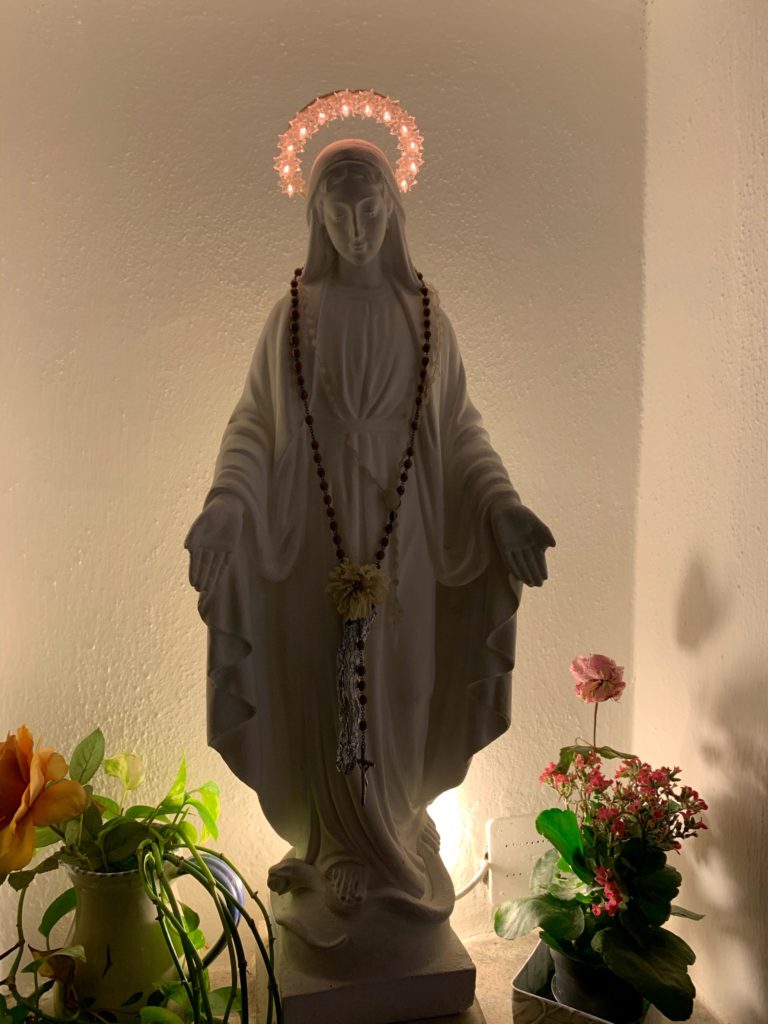
When I finally put the scene together, I realized that what I initially perceived to be a police car was actually an ambulance. And there on the tracks were two emergency responders kneeling over a bare-chested man who was laying perfectly still. Unresponsive. And behind him and across from the traffic light sat my tram, sitting there as if it were captured in an old timey photo. Chest compressions were happening, and that was the only action taking place at Risorgimento.
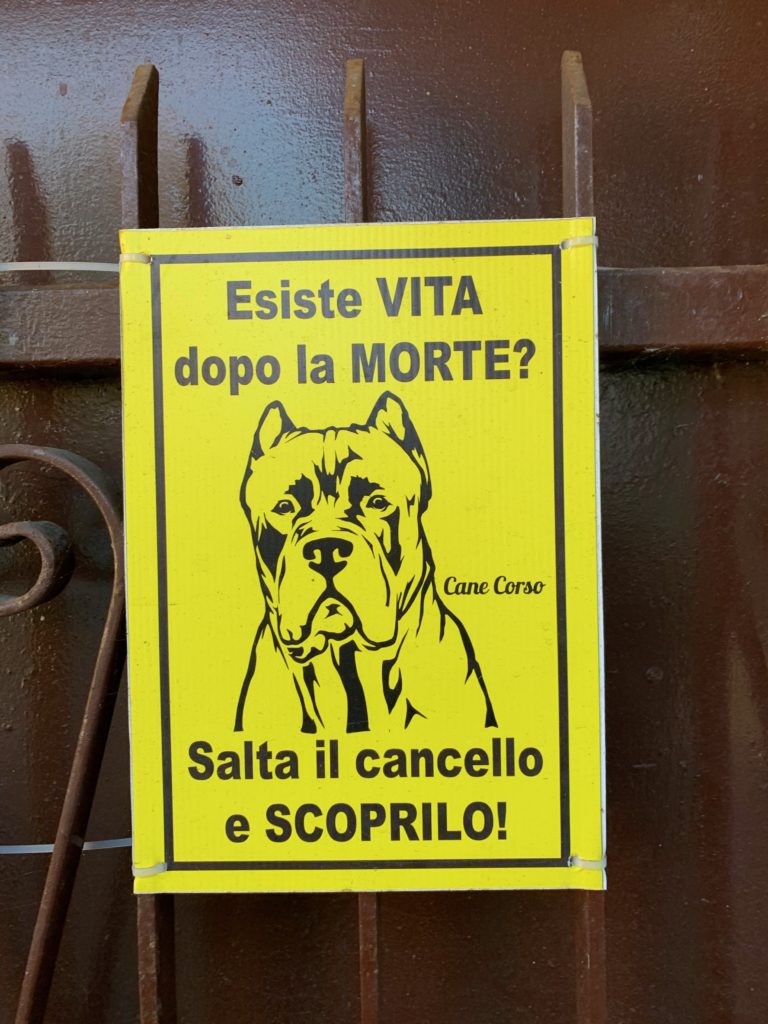
Because I am a self-absorbed and insensitive idiot, I casually glanced back and forth at the man. I stood patiently and assumed that all of this would all soon be over and operations would return to normal. How long would the delay be before I could be deposited back home and able to enjoy my first slice of toast? But of course that wasn’t going to happen. Instead, I grew increasingly uncomfortable by the awareness that the first responders were coming to the end of their efforts. This man was not going to make it. My stupid tram would finally come, but as of this moment, getting on would never be an option for everyone currently occupying this square.
I ended up walking home.
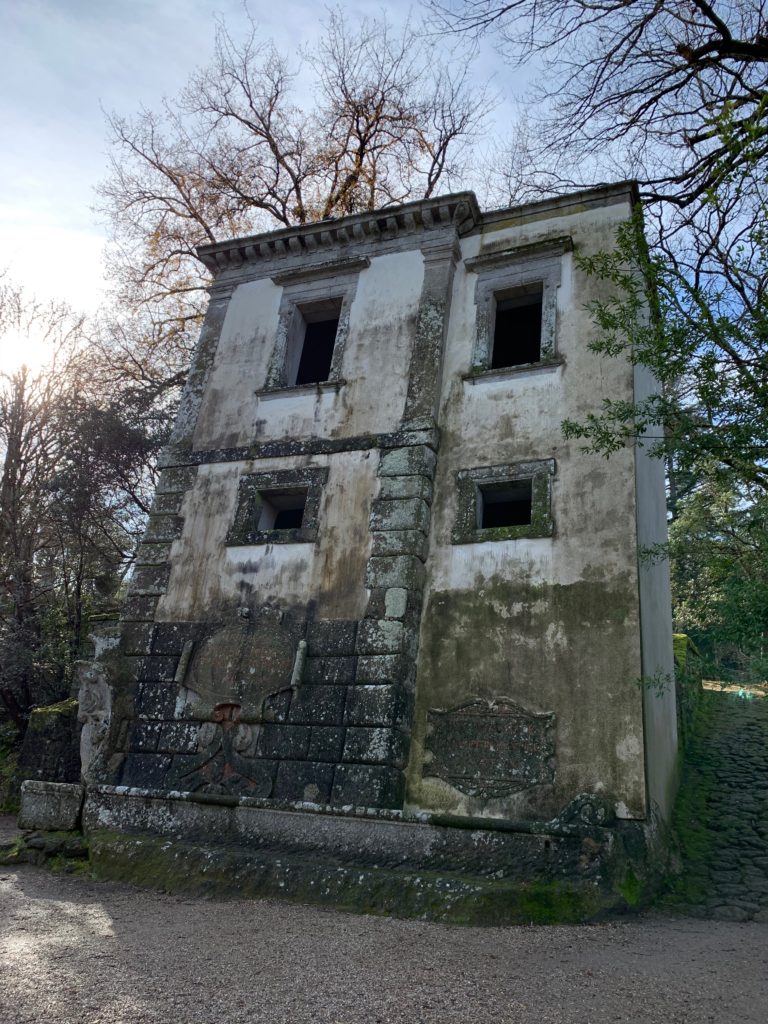
Life is fragile and we are all super good at completely believing that the next day is a given. This is why I bought a yearlong Metrebus pass for Rome. I want to keep shopping, discovering this city and also counting on the relative ease of being shuttled from place to place. But at the same time, I am constantly surrounded (and shielded) by the other half of our mortal equation. The fact that we are all travelers who will eventually find ourselves relegated to a status of repose. A place that might be inconvenient for ourselves and others—but nonetheless, one that is beyond our control.
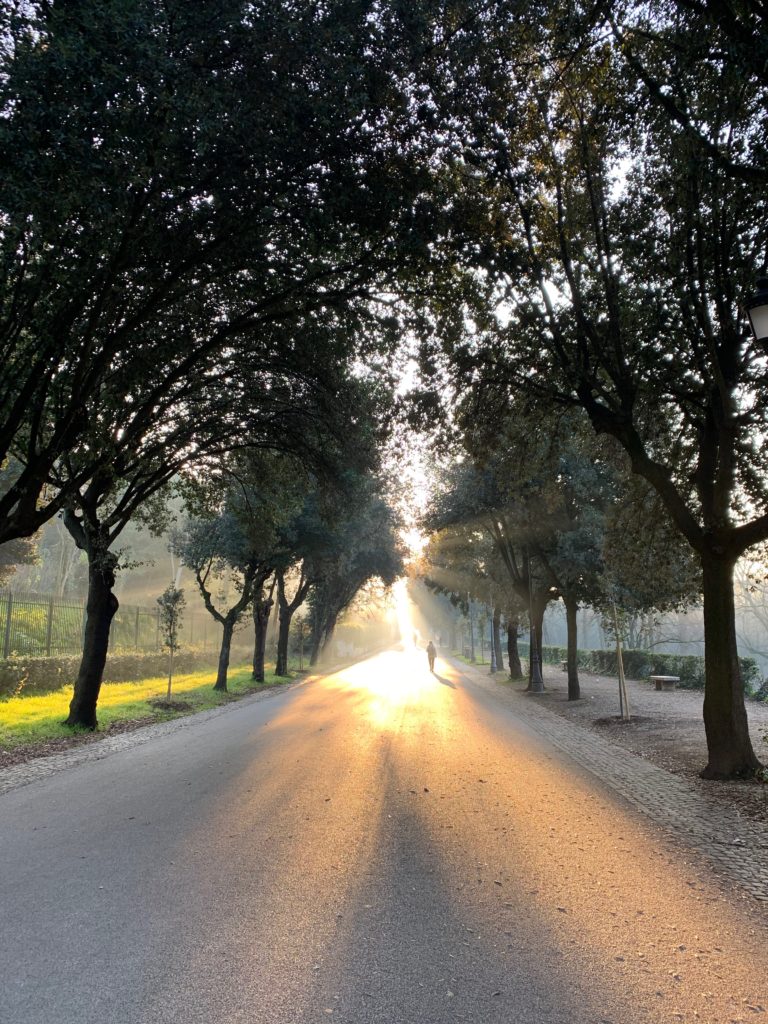
“Risorgimeno”, as I understand it, refers to the massive unification effort for Italy in the 19th century. In many inelegant ways, it brought together a number of diverse and potentially conflicting mindsets in order to create a singular identity. Rome, in its messiness of parking hell and zillions of people like me, serve as a modern-day example of risorgimento. But also, within this definition of holistic complexity, we also must accept the unifying experience that is living and dying.
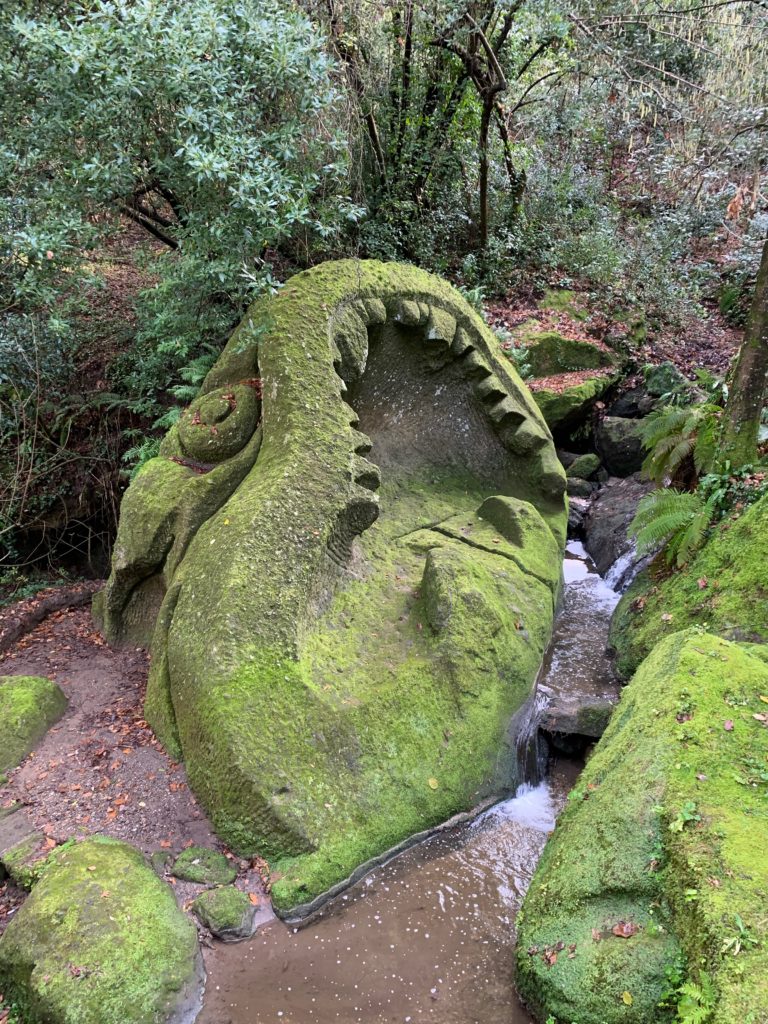
About five days after my initial encounter, I found myself back at that same space. The image of the lifeless man was still burned into my mind. A live action loss that took place just steps from the old walls of Vatican City. As a weary adult, intellectually I understand that people live and die every day. But still, I wondered what became of that man.
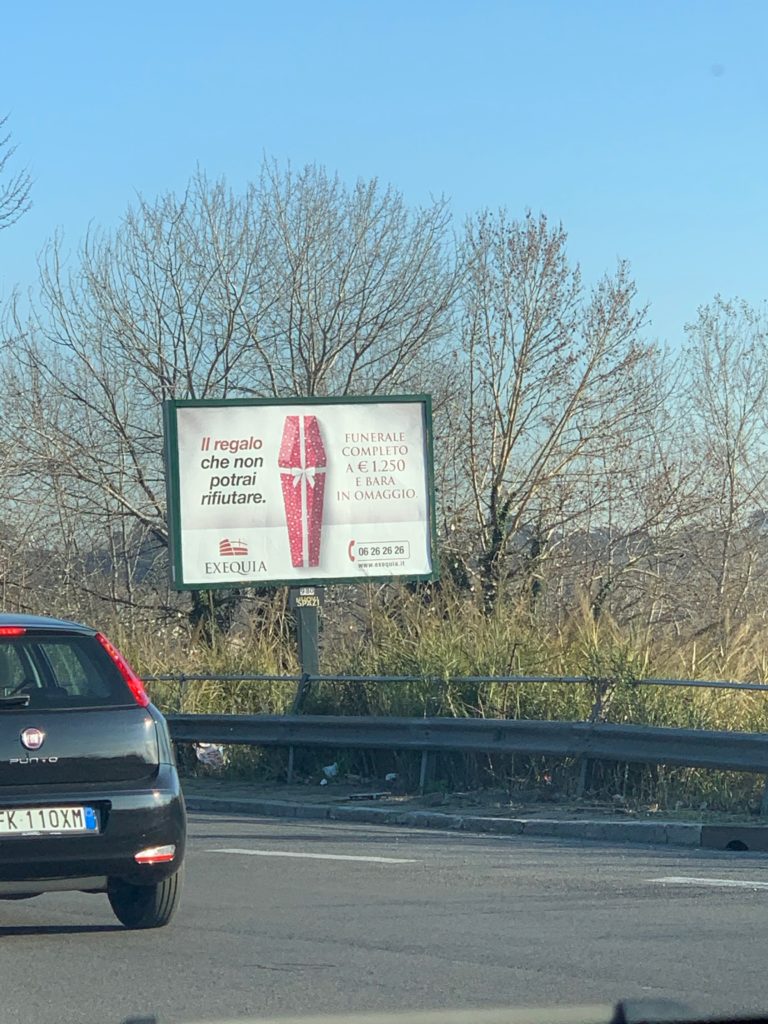
Now that I was able to pass from the north side of the piazza, I crossed the pedestrian path that the ambulance had blocked. It was business as usual and the buses, humans, cars and trams were all zipping about in proper city fashion. But there on the edge of the piazza, close to where the medics had been working, I spied a stone bench. There on the top was a singular taper candle. It was no longer lit, but it had been sufficiently melted down so that its bottom was temporarily welded to the panchina. He hadn’t made it. And now I had another tram to catch. Even though I never knew him, I now felt his loss with some humanity. Stopped in our tracks, I believe is the expression we use in English.
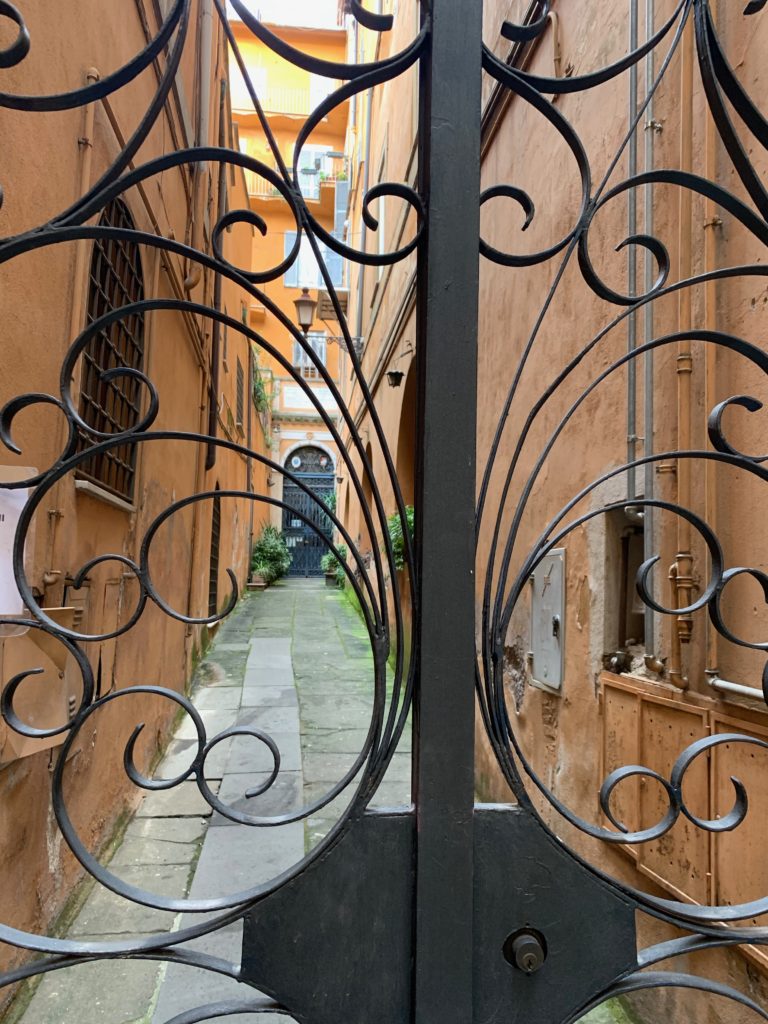
As I write this, I recognize that I am already once again caught up in my own life. The fancy toaster is now plugged in, and I have long-since moved on to other items that press for my attention here in Rome: Italian language lessons, the requirement to change my car registration, an unabashed desire to integrate myself into this exasperating crush of people so I can really feel the rhythm of the city’s heartbeat. It’s all here. We’re all in here. I want to experience as much of this place before I am forced to move on from this particular experience of being.
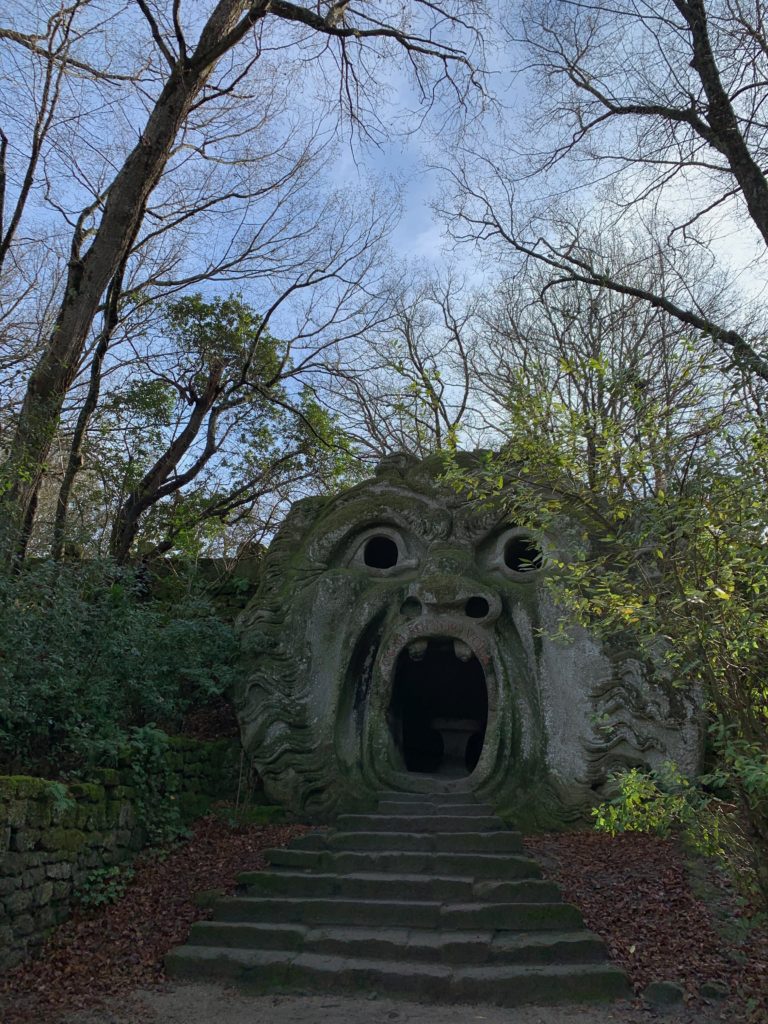
In moments such as these, I like to think back to the delicately-constructed bridge that connects us to living and dying. The bridge that supports our life’s work, but at its foundation is one that is of mere suspension. And unification—even if it’s not always a pretty sight. For all of the mess that we encounter each day, there is something to be said for stopping to take a good look at things. At least for a moment, to at least recognize that we—or I—am not the only one trying to get home, and find meaning amidst all of the chaos.
2 thoughts on “Il Risorgimento”
Comments are closed.